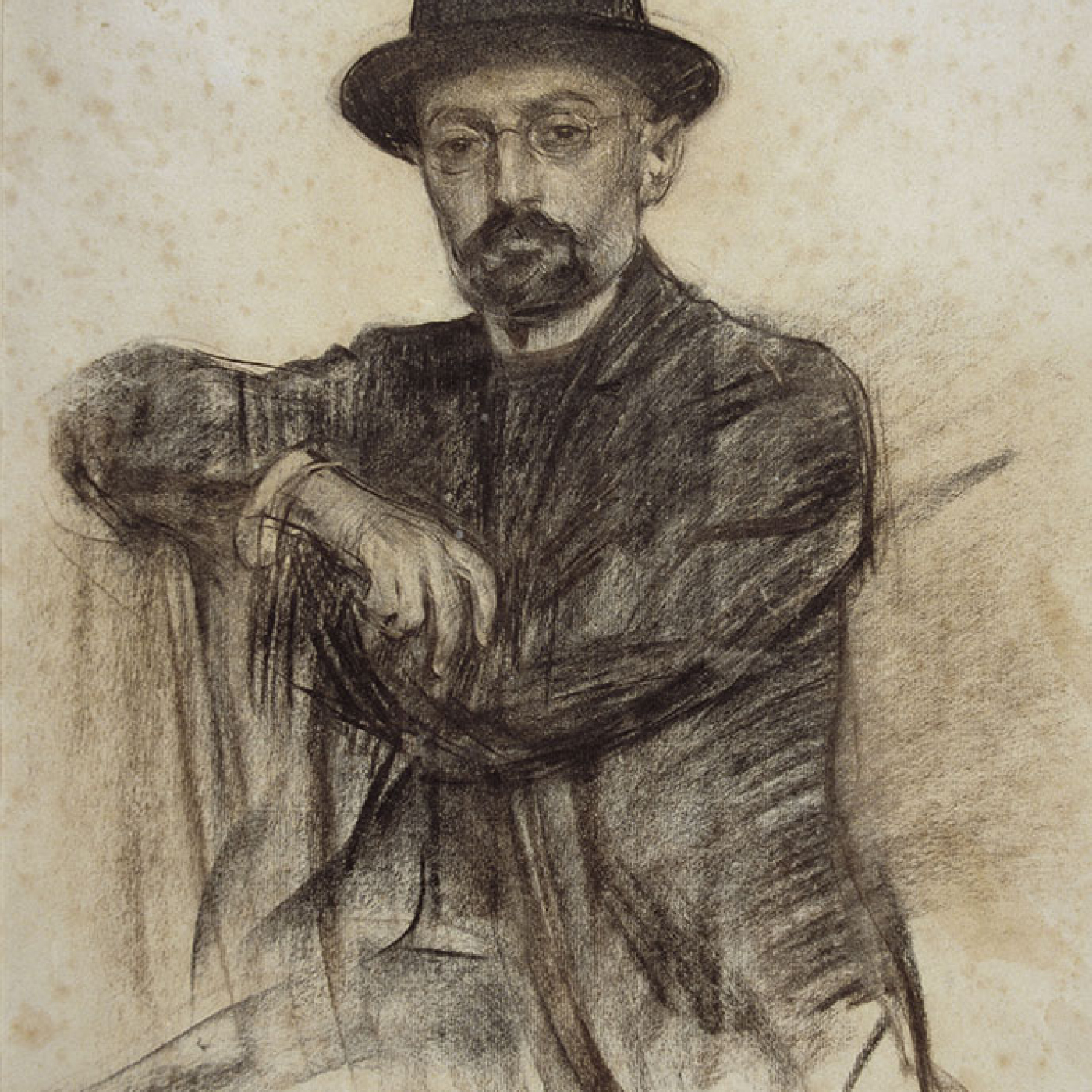
Famous is this quotation of the courageous, intrepid and unbending Basque: Miguel de Unamuno Although he initially welcomed Franco's uprising, he later turned against him, mainly because he saw what his followers were doing in Spain. Initially a liberal-minded and passionate supporter of Spanish liberalism, Unamuno joined the Spanish Socialist Workers' Party, but was considered politically moderate.

The English Wikipedia writes about this: In Salamanca, it says that the day Unamuno returned to the university, he began his lecture with the words: "As we said yesterday." (Decíamos ayer.) as Fray Luis de León did in 1576 in the same place, after four years of imprisonment by the Inquisition. (Source: ) After a year in Paris, he moved on to Hendaye, a small Franco-Basque port city on the border with his native Spain, and resumed his teaching and rectorate in 1930 after the fall of Primo de Rivera. Because of his criticism of the dictatorship of Primo de Rivera, who was responsible for the widespread gassing of the rebellious Rif-Kabyles and civilians around the Moroccan city of Al Hoceïma between 19, Unamuno was forced to emigrate into exile, first to Fuerteventura and later to France. It was he who finally removed Unamuno from his two university chairs in 1924 because of the protests of other Spanish intellectuals.

In 1923, in agreement with the Spanish King Alfonso XIII, a dictatorship was established for six years, headed by General Miguel Primo de Rivera. He became Rector of the University of Salamanca at the age of 36, and was so until 1924 and then again from 1930 to 1936.

Unamuno played a major role in the intellectual society of Spain. Later he was appointed Vicar General of his Order in the Province of Castile. Allegedly, he then began his lectures in Salamanca with the words "Hesterno the dicebamus. After five years of captivity he was released in 1576.

He was also accused of having translated the Song of Songs into Spanish. When his Marran origin became known, he was brought before the court of the Inquisition in 1571. In 1544 León joined the Augustinian Order and then studied theology at the University of Salamanca, where he later taught. Luis de León, born 1527 in Belmonte, today's province of Cuenca † August 23rd 1591 in Madrigal de las Altas Torres, was one of the greatest lyrical poets of Spain.


 0 kommentar(er)
0 kommentar(er)
